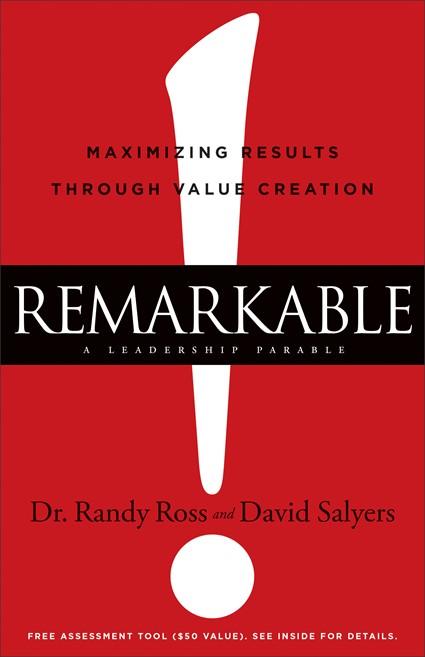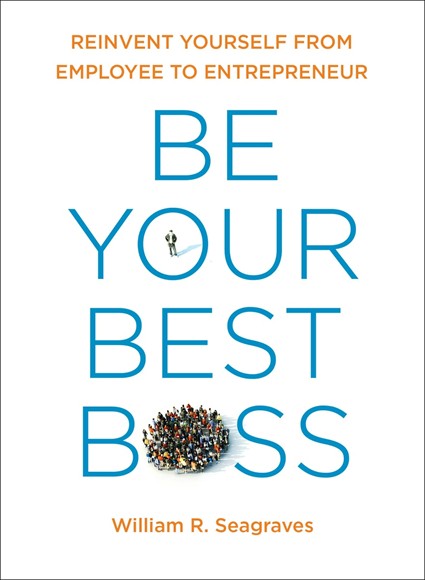Four Questions (and Tips) That Will Transform Your Culture
People grow into the conversations you create around them. The best tool great leaders have to strengthen and empower others is powerful questions. Questions evoke curiosity. They force others to think. And, when answered well, allow others to take ownership of the process and responsibility for the outcomes.

So, to that end, let me offer four questions that, when asked often and answered well, can help you intentionally craft a Remarkable! culture.
1. Are you creating more value than you are taking?
Hi there! This article is available for free. Login or register as a StrategyDriven Personal Business Advisor Self-Guided Client by:
Subscribing to the Self Guided Program - It's Free!
About the Author

.

 Scheduling meetings becomes particularly difficult when they involve numerous or senior level attendees. That said, there are several rules of thumb when scheduling meetings that can help ensure on-time attendance by those individuals needed to achieve the meetings objectives.
Scheduling meetings becomes particularly difficult when they involve numerous or senior level attendees. That said, there are several rules of thumb when scheduling meetings that can help ensure on-time attendance by those individuals needed to achieve the meetings objectives.
 The good news is that this phase won’t last long and the lessons you learn from the experience will prove to be extremely beneficial for the rest of your business ownership journey. It’s important to keep in mind that just because you’re in business for yourself, doesn’t mean you have to be by yourself. In fact, it’s quite the opposite. In order to have a positive experience and get optimal results, you need to choose wisely whom you will surround yourself with.
The good news is that this phase won’t last long and the lessons you learn from the experience will prove to be extremely beneficial for the rest of your business ownership journey. It’s important to keep in mind that just because you’re in business for yourself, doesn’t mean you have to be by yourself. In fact, it’s quite the opposite. In order to have a positive experience and get optimal results, you need to choose wisely whom you will surround yourself with.  William (Bill) R. Seagraves, president and founder of CatchFire Funding, is the author of
William (Bill) R. Seagraves, president and founder of CatchFire Funding, is the author of  In the age of electronic calendars, we too often allow meeting durations to be established by our software’s preprogrammed defaults, typically 30 minutes to one hour. By settling for software defaults, we risk holding meetings that are too short to arrive at quality decisions or enabling inefficiency such that the meeting expands to meet the excessive amount of time allotted.
In the age of electronic calendars, we too often allow meeting durations to be established by our software’s preprogrammed defaults, typically 30 minutes to one hour. By settling for software defaults, we risk holding meetings that are too short to arrive at quality decisions or enabling inefficiency such that the meeting expands to meet the excessive amount of time allotted.
 Karin Hurt (Baltimore, MD) is a top leadership consultant and CEO of Let’s Grow Leaders and co-author of
Karin Hurt (Baltimore, MD) is a top leadership consultant and CEO of Let’s Grow Leaders and co-author of  David Dye (Denver, CO) is a former nonprofit executive, elected official, and president of Trailblaze, Inc., a leadership training and consulting firm and co-author of
David Dye (Denver, CO) is a former nonprofit executive, elected official, and president of Trailblaze, Inc., a leadership training and consulting firm and co-author of